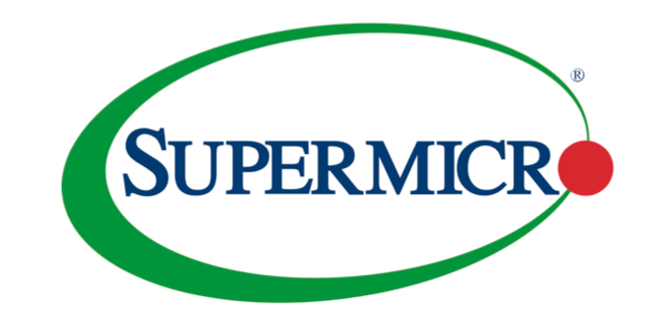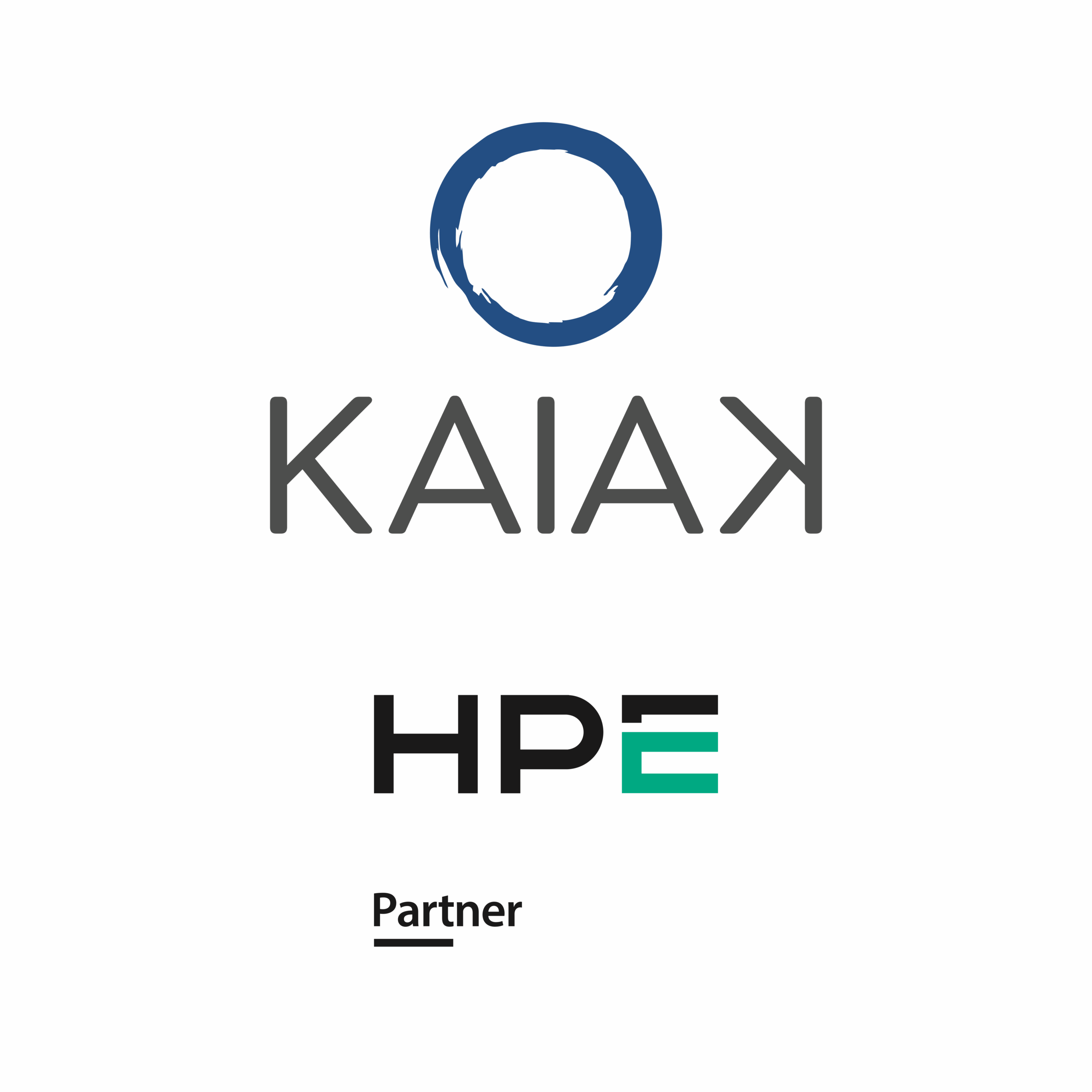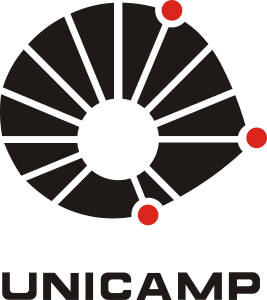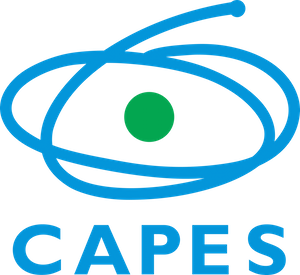Call for Papers
The 37th IEEE/SBC Symposium on Computer Architecture and High Performance Computing will take place from October 28 to 31 at Zagaia Eco Resort in Bonito, MS, Brazil.
SBAC-PAD is an annual international conference series, which presents the latest trends, current research and developments, and novel tools and applications in the fields of Computer Architecture, High-Performance Computing, and Parallel and Distributed Computing technologies. SBAC-PAD is open to industry, faculty, researchers, practitioners, and undergraduate and graduate students from around the world. Its scientific program is composed of high-quality submitted papers, selected by a thorough peer review process, and invited talks from renowned researchers.
Important dates
Abstract submission deadline: June 9th, 2025 (AoE)- Paper submission deadline:
June 16th, 2025 (AoE)June 30th, 2025 (AoE)July 7th, 2025 (AoE Hard) - Rebuttal period:
July 31st – August 4th, 2025August 7th – August 11th, 2025August 14th – August 18th, 2025 - Author notification:
August 11th, 2025August 18th, 2025August 25th, 2025 - Camera-ready submission:
September 8th, 2025September 15th, 2025September 22nd, 2025
Topics of interest
Authors are invited to submit original manuscripts to one of five tracks that address challenges in any of the following areas related to the fields of Computer Architecture (CA) and High-performance and Distributed Computing (HPDC).
Topics of interest include (but are not limited to):
- Application-specific systems;
- Architecture and programming support for emerging domains: (Big Data, Deep Learning, Machine learning, Cognitive Systems);
- Artificial intelligence and machine learning methods for CA and HPDC, and CA and HPDC for Artificial intelligence applications;
- Benchmarking, performance modeling, analysis, and evaluation;
- Blockchain and distributed ledgers
- Cloud, cluster, and edge/fog computing systems;
- Data-intensive workloads and tools;
- Data management, storage, and I/O;
- Embedded and pervasive systems;
- GPUs, FPGAs, and accelerator architectures;
- Languages, compilers, models and tools for parallel and distributed programming;
- Modeling and simulation methodologies;
- Operating systems and virtualization;
- Parallel and distributed systems, algorithms, models, and applications;
- Power and energy-efficient systems;
- Predictive models to improve performance of scientific applications
- Processing-in-memory or near-data processing technologies
- Processor, cache, memory, storage, and network architecture;
- Real-world applications and case studies;
- Reconfigurable, resilient, and fault-tolerant systems;
- Security and privacy in CA and HPDC;
- Workflow systems.
The program committee will select the top-ranked papers as finalists, and one paper will be selected during the conference as the Best Paper. Selected papers will also be invited to submit an extended version to a special issue of the Journal of Parallel and Distributed Computing – JPDC (pending approval).
Paper submission
Papers submitted to SBAC-PAD 2025 must present original research results and must not have been published or concurrently be submitted anywhere else. Submissions should be made via the JEMS system (https://jems3.sbc.org.br/sbac-pad2025).
Paper submissions must be in English, have 10 pages maximum (excluding the references), and follow the IEEE conference manuscript formatting guidelines for double-column text using a single-spaced 10-point font on 8.5 × 11-inch pages. Templates are available fromhttp://www.ieee.org/conferences/publishing/templates.html. Papers that do not meet these requirements might be rejected without a review. To be published in the conference proceedings and to be eligible for publication at the IEEE Xplore, one of the authors must register at the full rate and present his/her work at the conference.
The SBAC-PAD 2025 submissions will undergo a double-anonymized review process, where reviewers will not know the authors’ identities, and vice-versa. Therefore, authors should “anonymize” their submission by adopting the following guidelines, otherwise papers will be rejected without review:
Authors cannot include their names, affiliations, funding sources, or acknowledgments in any part of the for-review version of their paper;
Self-references that are relevant to the work are allowed, but they should not appear in the text in the first person. Instead, they should be referenced in the third person, like “Smith et al. found that… [4].”, and;
For the authors’ own unpublished work use anonymous citations.
CONFERENCE ORGANISATION
General Chairs
- Edson Cáceres (UFMS, Brazil)
- Ricardo Santos (UFMS, Brazil)
- Rodolfo Azevedo (UNICAMP, Brazil)
Technical Program Co-Chairs
- Cesar A. F. De Rose (PUCRS, Brazil)
- Odej Kao (TU-Berlin, Germany))
Track Chairs
- System Software Track: Lucia Drummond (Federal Fluminense University, Brazil)
- Computer Architecture Track: José Moreira (IBM Thomas J. Watson Research Center, USA)
- Distributed Systems, Networking and Storage Track: Marco Netto (Microsoft Azure HPC, USA)
- Parallel Applications and Algorithms Track: Claude Tadonki (Mines ParisTech, France)
- Performance Evaluation Track: Hans-Ulrich Heiss (TU-Berlin, Germany)
Program Committee Members
Computer Architecture Track
- Ayse Yilmazer (Istanbul Technical University, Turkey)
- Dietmar Fey (Friedrich-Alexander-Universität Erlangen-Nürnberg, Germany)
- Dimitrios Nikolopoulos (Virginia Tech, USA)
- Hamid Sarbazi-azad (Sharif University of Technology, Iran)
- Henry Tufo (IBM Watson Research Center, USA)
- Israel Koren (University of Massachusetts Amherst, USA)
- Jean-Luc Gaudiot (University of California, Irvine, USA)
- João Manuel Paiva Cardoso (University of Porto, Portugal)
- Josef Weidendorfer (Leibniz Supercomputing Center, Germany)
- Liana D. Duenha (Federal University of Mato Grosso do Sul, Brazil)
- Lucas Mello Schnorr (Federal University of Rio Grande do Sul, Brazil)
- Lucas Wanner (State University of Campinas, Brazil)
- Matthias Diener (University of Illinois Urbana-Champaign, USA)
- Monica Magalhães Pereira (Federal University of Rio Grande do Norte, Brazil)
- Pedro Tomás (University of Lisboa, Portugal)
- Ramon Bertran (IBM Research, USA)
- Roberto Giorgi (University of Siena, Italy)
- Rodolfo de Azevedo (State University of Campinas, Brazil)
- Sabarish Sankaranarayanan (Meta Platforms Inc, USA)
- Yuanlong Xiao (University of Pennsylvania, USA)
Performance Evaluation Track
- Bahman Javadi (Western Sydney University, Australia)
- Barry Linnert (Freie Universität Berlin, Germany)
- Camille Coti (Ecole de Technologie Superieure, Universite du Quebec, Canada)
- Daniel de Oliveira (UFF, Brazil)
- Farah Ait Salaht (Léonard de Vinci Pôle Universitaire Research Center, France)
- Frederic Suter (Oak Ridge National Laboratory, USA)
- Guilherme P. Koslovski (UDESC, Brazil)
- Iacopo Colonnelli (Università degli Studi di Torino, Italy)
- Jakob Luettgau (INRIA – Rennes Bretagne Atlantique, France)
- Jatin Gangani (NVIDIA, USA)
- Javier Garcia-Blas (University Carlos III of Madrid, Spain)
- Jesus Carretero (Universidad Carlos III of Madrid, Spain)
- Jorge Gomes Barbosa (Universidade do Porto, Portugal)
- Justin M. Wozniak (Argonne National Laboratory, USA)
- Lucas Mello Schnorr (UFRGS, Brazil)
- Nikela Papadopoulou (University of Glasgow, UK)
- Niloofar Gholipour (Huawei, Canada)
- Tiago Coelho Ferreto (PUCRS, Brazil)
System Software Track
- Aleteia Araujo (UNB, Brazil)
- Claude Tadonki (Paristech, France)
- Cristina Boeres (UFF, Brazil)
- Dalvan Griebler (PUCRS, Brazil)
- Darío Suárez-Gracia (Universidad de Zaragoza, Spain)
- Luan Teylo (INRIA, Bordeaux University, France)
- Márcio Castro (UFSC, Brazil)
- Rafael Ferreira da Silva (Oak Ridge National Lab, USA)
- Sergio Iserte (Barcelona Supercomputing Center, Spain)
- Shirley Moore (The University of Texas at El Paso, USA)
- Tyler Skluzacek (Oak Ridge National Lab, USA)
- Vinod Rebello (UFF, Brazil)
Distributed Systems, Networking and Storage Track
- Alexey Lastovetsky (University College Dublin, Ireland)
- Bahman Javadi (Western Sydney University, Australia)
- Danilo Carastan dos Santos (University Grenoble Alpes, Brazil)
- Eduardo Rodrigues (Microsoft, Brazil)
- Hermes Senger (UFSCAR, Brazil)
- Juan Diego Campo (Universidad de La República, Uruguai)
- Liliana Ibeth Barbosa-Santillán (UdG, Mexico)
- Lucas Mello Schnorr (UFRGS, Brazil)
- Luciana Arantes (Sorbonne Université, France)
- Márcio Castro (UFSC, Brazil)
- Matias Richart (Universidad de La Republica, Uruguai)
- Mauricio Aronne Pillon (UDESC, Brazil)
- Mohsen Amini Salehi (University of North Texas, USA)
- Renan Souza (Oak Ridge National Lab, USA)
- Renato Porfirio Ishii (UFMS, Brazil)
- Sandra Mendez (Barcelona Supercomputing Center, Spain)
- Sandro Rigo (UNICAMP, Brazil)
- Shie-Yuan Wang (National Yang Ming Chiao Tung University, Taiwan)
- Viktor Prasanna (University of Southern California, USA)
Parallel Applications and Algorithms
- Alfredo Goldman (USP, Brazil)
- Andre Rauber Du Bois (UFPEL, Brazil)
- Antonio Tadeu Azevedo Gomes (LNCC, Brazil)
- Christophe Cerin (Universite Paris13, France)
- Diego Leonel Cadette Dutra (UFRJ, Brazil)
- Fabrizio Marozzo (University of Calabria, Italy)
- Henrique Cota Freitas (PUC Minas, Brazil)
- Hermes Senger (UFSCAR, Brazil)
- Jorge Gonzalez-Dominguez (Universidade da Coruña, Spain)
- Juliana Nascente (UFRRJ, Brazil)
- Leonel Sousa (IST, Portugal)
- Manuel F. Dolz (Universitat Jaume I, Spain)
- Mathieu Faverge (INRIA, France)
- Miwako Tsuji (RIKEN Center for Computational Science, Japan)
- Pedro Valero-Lara (Oak Ridge National Laboratory, USA)













